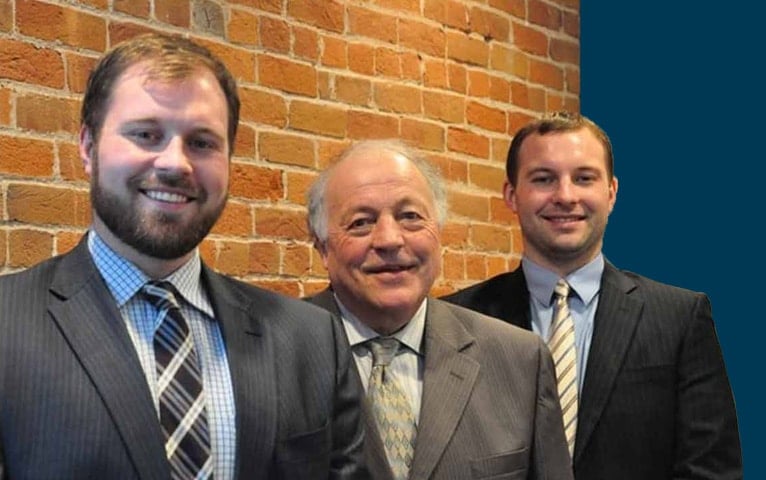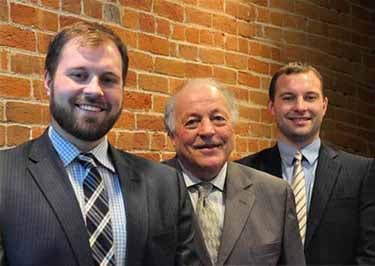Filing for Chapter 7 bankruptcy offers relief for those overwhelmed by debt. This process can provide a fresh start by discharging most types of unsecured debt, meaning that you would no longer legally required to pay them off if your case was successful. With that said, certain debts, such as child support arrears and tax debts, can’t be included in this type of bankruptcy.
There are many benefits to this type of bankruptcy. These include asset exemptions that protect specific property from being seized and the automatic stay, which immediately halts most creditor actions against you. Understanding these features can help you navigate your financial recovery more confidently and strategically.
Asset exemptions will protect your essentials
A common concern about filing for Chapter 7 bankruptcy is the fear of losing things you’ve worked hard for. Bankruptcy laws allow various exemptions to protect essential assets from being liquidated to pay off creditors. These exemptions typically include necessities such as your primary residence, car up to a specific value, personal belongings and retirement accounts. The goal is to enable you to maintain a basic living standard, not strip you of your personal property. By carefully applying these exemptions, most filers can go through bankruptcy without losing any of their possessions.
The automatic stay offers immediate relief
The automatic stay is one of the most potent tools in Chapter 7 bankruptcy. It provides instant relief from creditors, stopping foreclosure processes, eviction actions, utility shutoffs and most collection efforts. This pause allows you to work on your bankruptcy case without external pressures. It’s important to note that the automatic stay does have some exceptions, such as certain tax proceedings, child support actions and criminal cases, which can continue unaffected.
Ultimately, the primary benefit of Chapter 7 bankruptcy is its discharge of qualifying debts. After the bankruptcy process is complete, which typically takes about three to six months, your eligible unsecured debts will be wiped out.
Consulting with a legal representative who can let you know your rights and responsibilities may help you determine if Chapter 7 bankruptcy will benefit your current financial situation or if an alternative will be preferable for your circumstances.



